Our previous works showed that feed forward models cannot fully explain the mechanism of object/face representation especially in the challenging conditions. Thus, we aimed to investigate about the possible neural mechanism explaining the brain behavior in challenging conditions like object/face recognition with rotation of views in depth and plane, illumination variations and occlusion.
Object/Face recognition, using represented information over time required a temporal decision making mechanism. This mechanism is different from classical classifiers implemented in the object recognition models. Thus, our second goal is to understand that how the brain integrates temporal senso ry information to commit to a choice.
Our minds conveniently interact to each other to use one of the most prevalent and essential information in daily life: Social Information. Using computational approaches derived primarily form individual decision making, we aimed to understand social decision making by multi-dimensional and inter-connected individual models. Through this approach, our goal is to bridge the gap between decision making in the isolated and social context.
The brain, a complex system composed of many interacting parts, dynamically reconfigures to facilitate a wide range of cognitive and behavioural processes. Given this complexity, emerging evidence underscores the importance of a holistic approach to understanding brain function, one that considers the multiple brain regions and their interactions, rather than focusing solely on localized perturbations.
Recent advances in applied mathematics, particularly network science, provide a language to capture the complexity of interacting brain regions. The application of this language to fundamental questions in neuroscience forms the emerging field of network neuroscience. In this field, we are interested in studying dynamic networks in neuroscience, specifically focusing on the perceptual decision-making process. Our goal is to understand how perceptual decisions are mediated by network modularity and oscillatory interactions within local and large-scale cortical networks.

Principal Investigator
Ebrahimpour [at] ipm [dot] ir
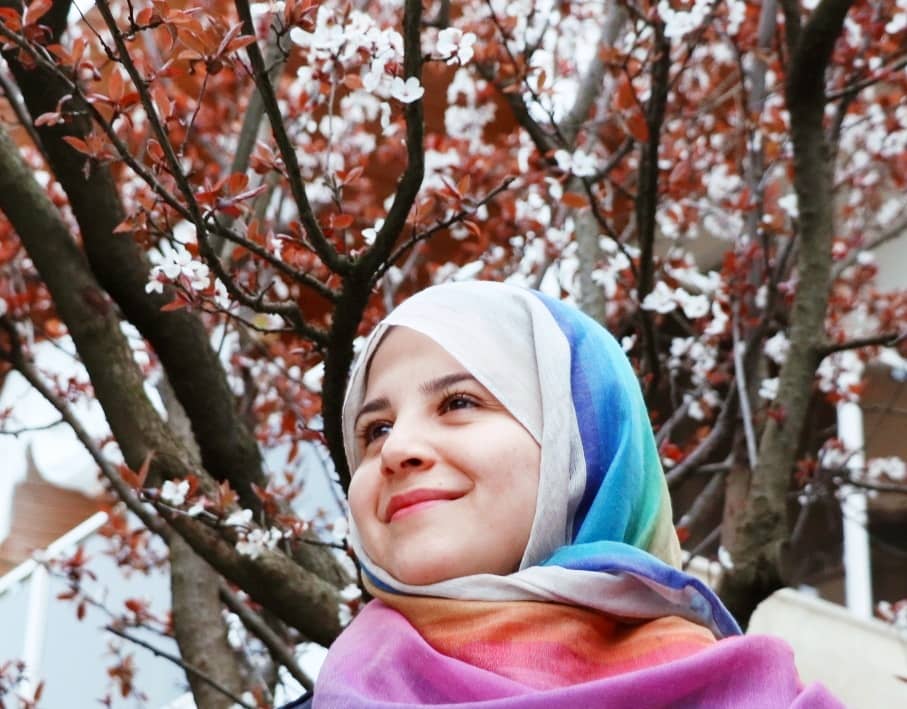
PhD Student
fatemeh.majdabadi [at] ipm [dot] ir
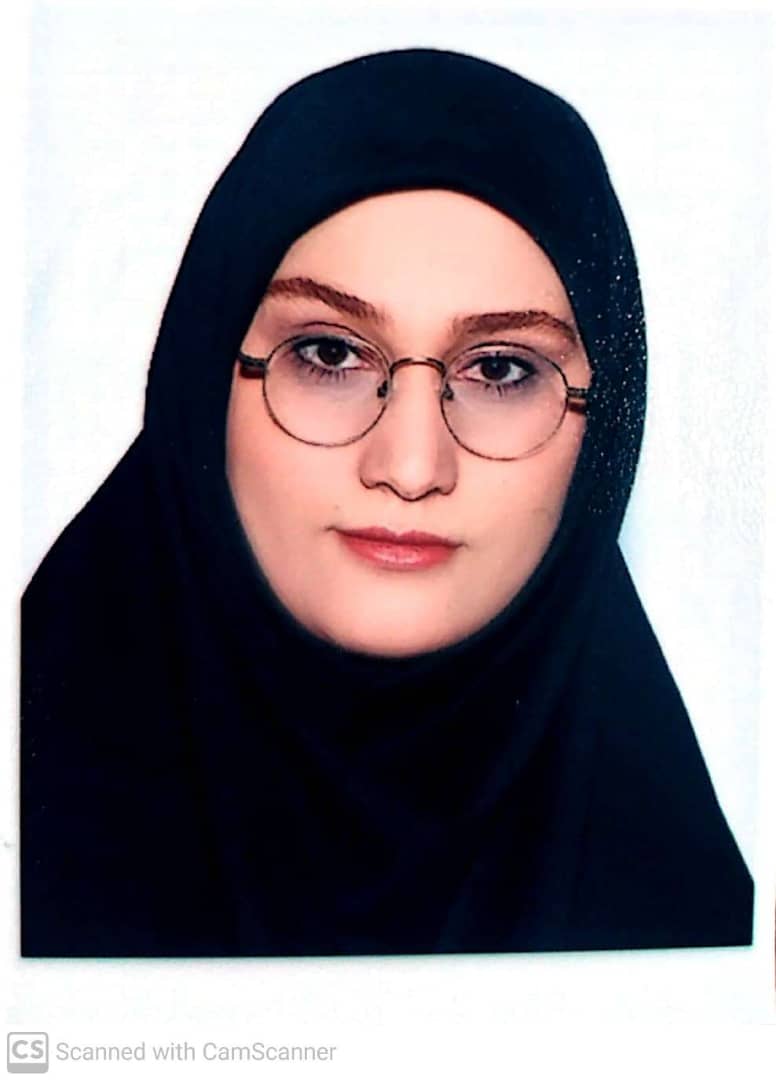
PhD Student
ff.fallah [at] ipm [dot] ir
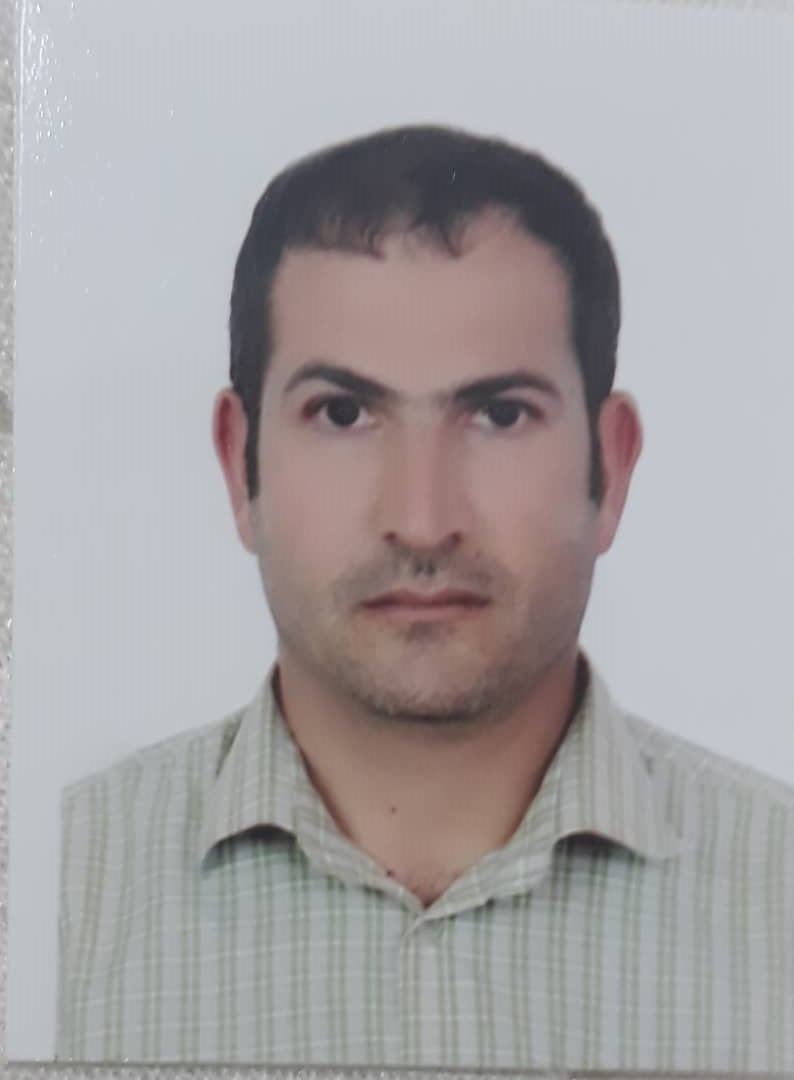
PhD Student
alihoseinpuri [at] ipm [dot] ir
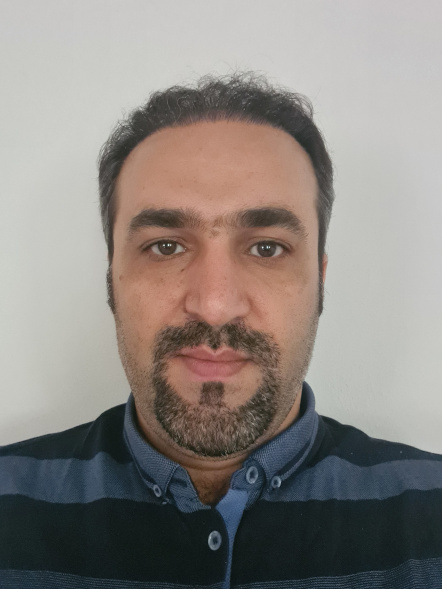
Researcher
a.mirzaie82 [at] gmail [dot] com
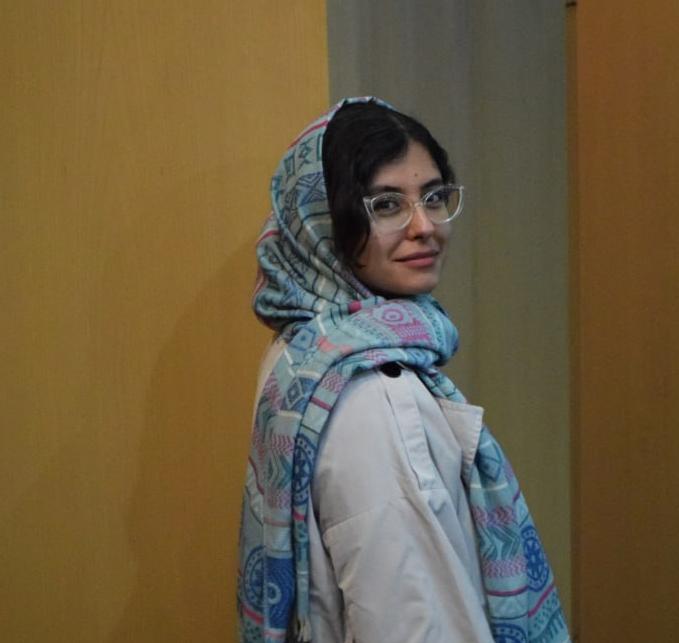
Resident Researcher
setarehroshan [at] ipm [dot] ir
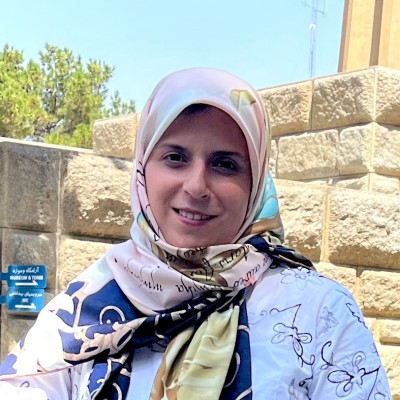
Post-Doctoral Research Fellow
m.golmohamadian [at] gmail [dot] com
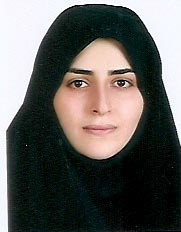
Post-Doctoral Research Fellow
elahi.fatemeh.92 [at] gmail [dot] com

PhD Student
rbahrami [at] ipm [dot] ir
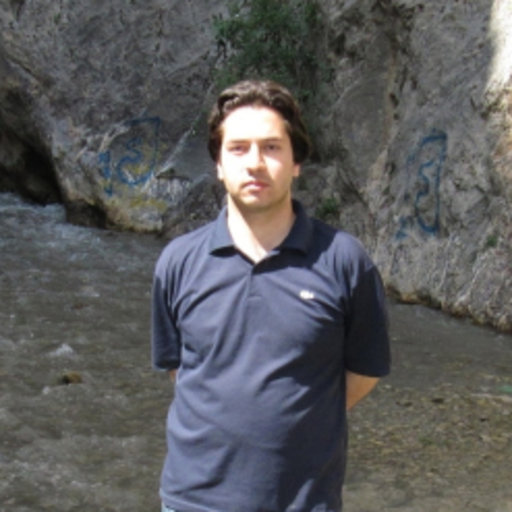
Researcher
afarzmahdi [at] ipm [dot] ir
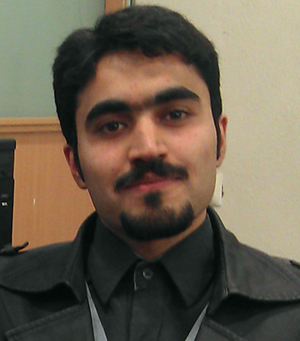
Researcher
s.zabbah [at] ipm [dot] ir

Researcher
jimi.esmaily [at] gmail [dot] com
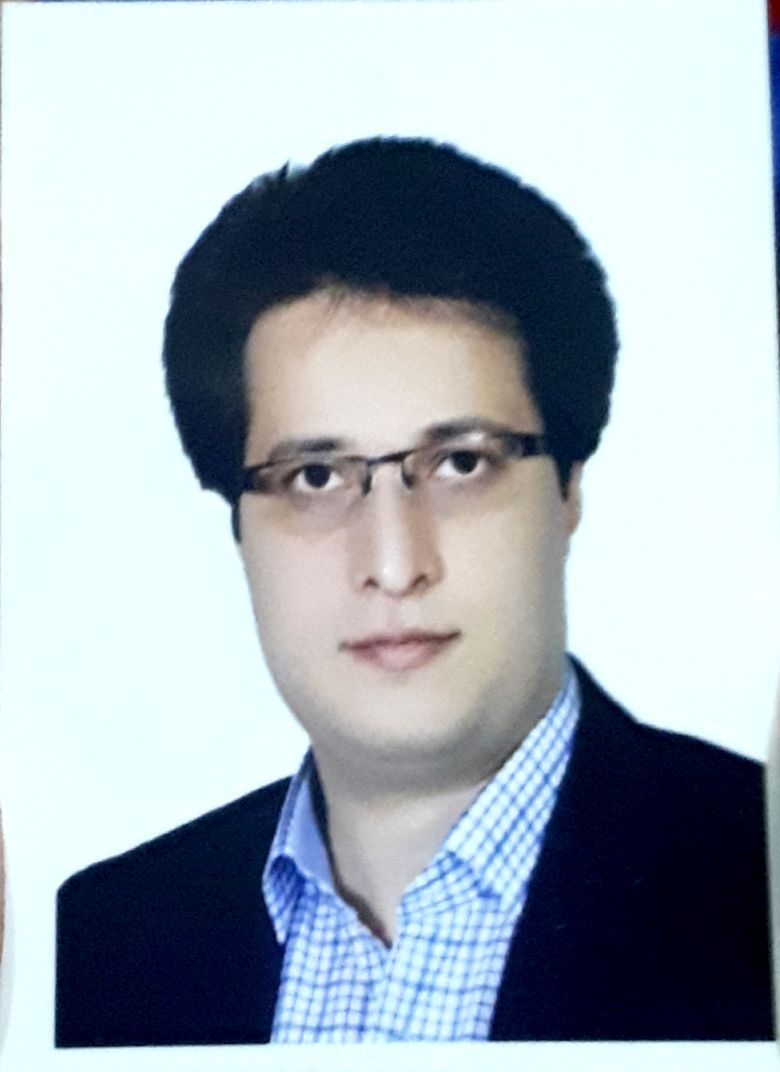
Researcher
nsadeghnejad [at] gmail [dot] com
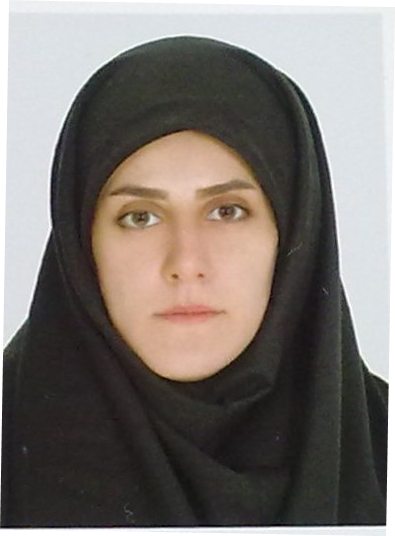
Researcher
sharifizadeh [at] ipm [dot] ir